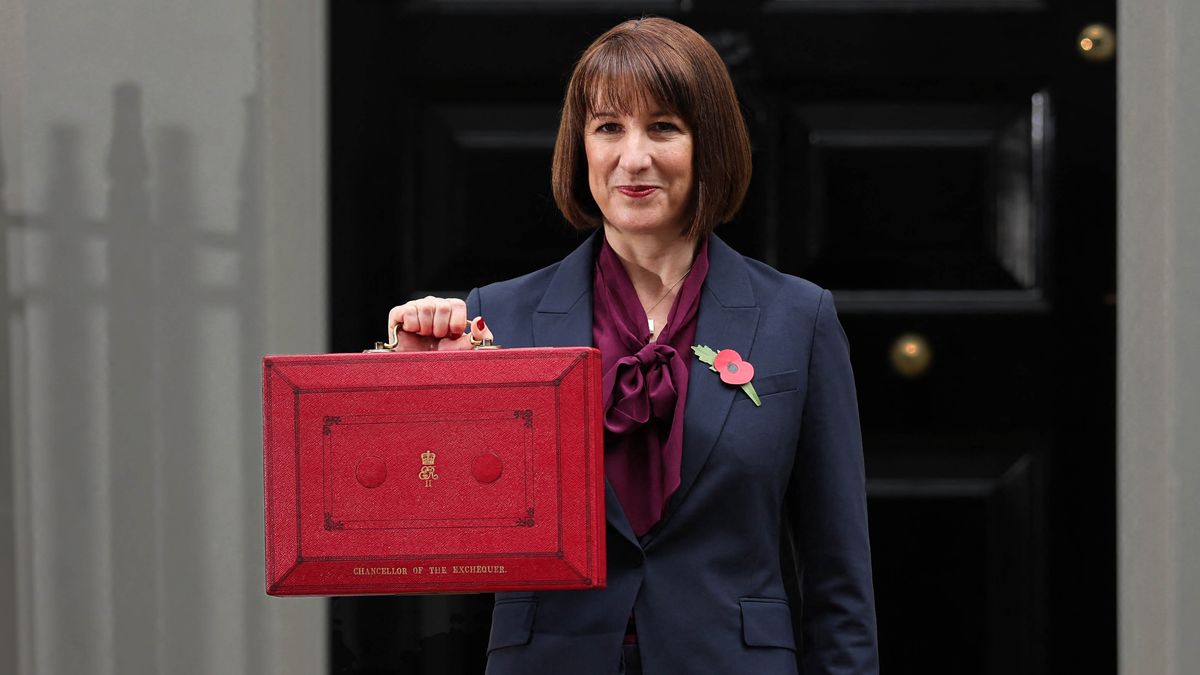“Over 350 grassroots music venues are now placed at immediate risk of closure”: UK Live music representatives criticise Reeves Budget cut in business rate relief
More government support is needed, they claim

Music industry bodies have expressed disappointment that yesterday’s budget didn’t do more to help struggling grassroots live venues and clubs.
Their main gripe is Chancellor Rachel Reeves’ announcement that business rate relief on small venues will go down from its current rate of 75% to 40% from April next year. The MVT (Music Venue Trust) responded immediately, putting out a press statement that alleged that the move will place an added £7 million in taxes on small venues, putting many in danger of closure.
“Over 350 grassroots music venues are now placed at immediate risk of closure, representing the potential loss of more than 12,000 jobs, over £250 million in economic activity and the loss of over 75,000 live music events,” the MVT statement says. “Simultaneously with announcing this new tax demand, the Government acknowledged the faults and inequities inherent in the business rate system, promising to deliver a new lower rate of taxes on physical, hospitality and leisure premises in April 2026.”
It continued: “The challenges around business rates and grassroots music venues have been known and accepted for over a decade. Changes in April 2026 are to be welcomed, but will be of no use for the hundreds of music venues that are now likely to be lost before this challenge is finally met with a full, long overdue reform.”
This was echoed by the NTIA (Night Time Industries Association) the industry body who last week produced figures showing 37% of all UK clubs have lost since March 2020 and at the present rate of closure, UK clubbing could be “extinct” by 2030. Responding to the budget, NTIA CEO Michael Kill said in a statement: “We are in one of the toughest trading environments the UK has seen in decades for our sector, fraught with a legacy of challenges from previous crises.”
“While the Chancellor has listened to our plight, the extended business rates relief is a minor concession amongst the array of tax increases and fiscal shifts, which will take some time to evaluate and consider regarding sector impacts. However, in simple terms, it is still double the contribution of the current business rates.”
Meanwhile Gee Davy, the interim CEO of The Association of Independent Music said: “Much more support is needed to alleviate the pressures on already super-squeezed independent labels and related music businesses.”
Get the MusicRadar Newsletter
Want all the hottest music and gear news, reviews, deals, features and more, direct to your inbox? Sign up here.
Davy made an interesting suggestion: “We urgently need a tax credit scheme for music creation, like that which has been so successful in supporting the UK film sector. This would drive growth in music communities across the length and breadth of the UK, keep options open for a diverse range of musicians, grow employment and investment in emerging music, and reinvigorate the UK’s position in the global music market.”
Clearly these are challenging times at the grassroots, but then they are in so many sectors of the UK economy. Meanwhile small venue owners, promoters, musicians and all those that swim in the live music ecosystem cling on and hope – to quote an apposite song from long long ago – that things can only get better.

Will Simpson is a freelance music expert whose work has appeared in Classic Rock, Classic Pop, Guitarist and Total Guitar magazine. He is the author of 'Freedom Through Football: Inside Britain's Most Intrepid Sports Club' and his second book 'An American Cricket Odyssey' is due out in 2025

Live Forever: The writer, producer and director of Peaky Blinders is masterminding a movie of the Oasis reunion tour

“Playing the parts of one of my favorite guitarists ever is no easy task, but it was a joy”: YouTuber Ben Eller thanks fans and his Mastodon bandmates after stepping in to replace the departed Brent Hinds at the last minute










